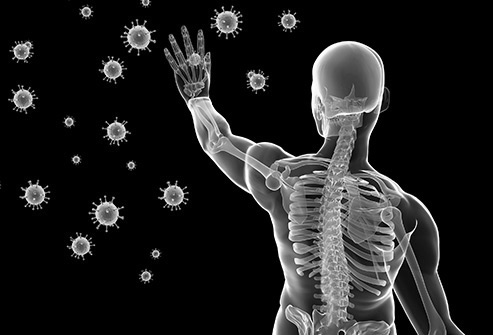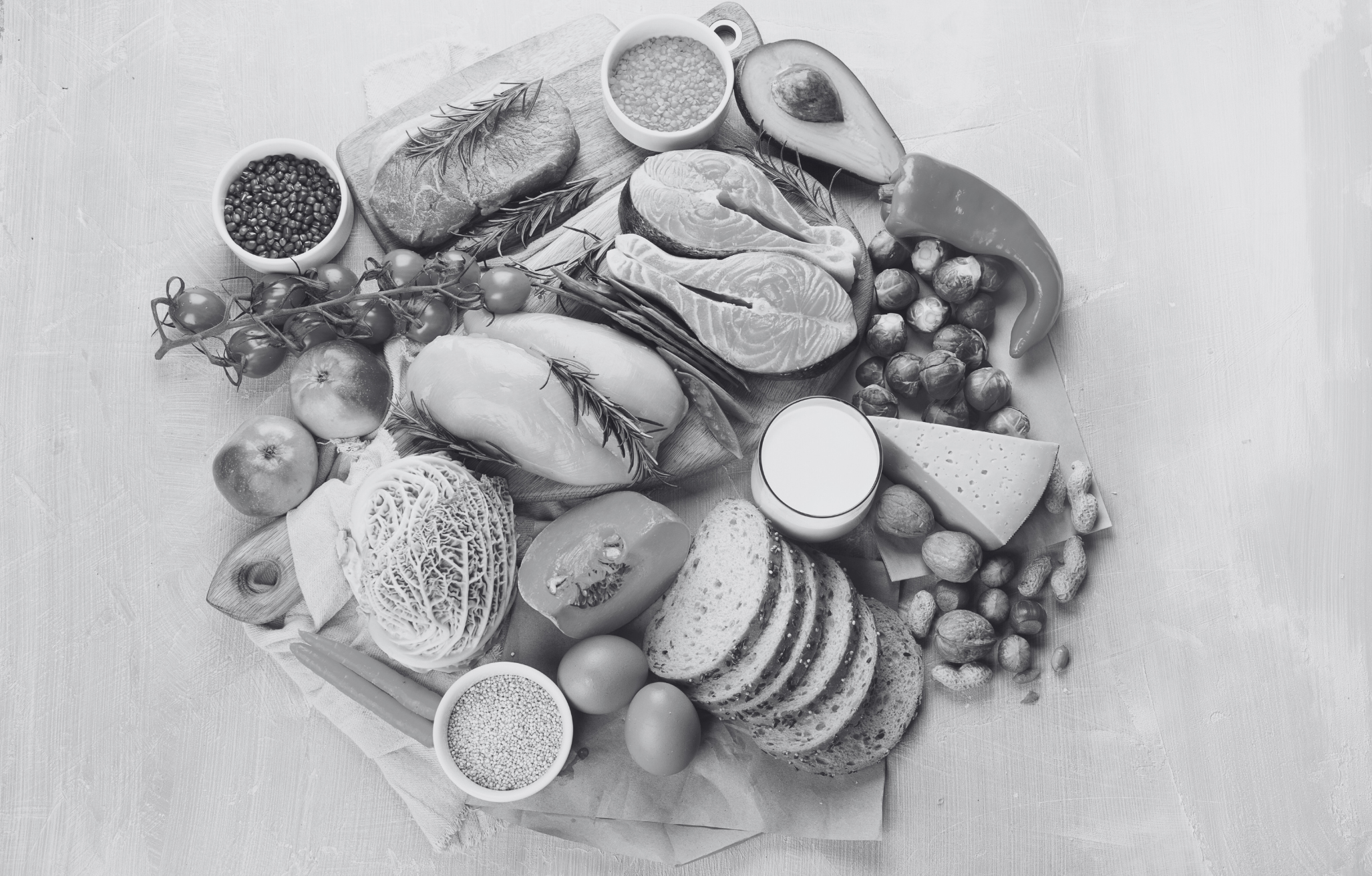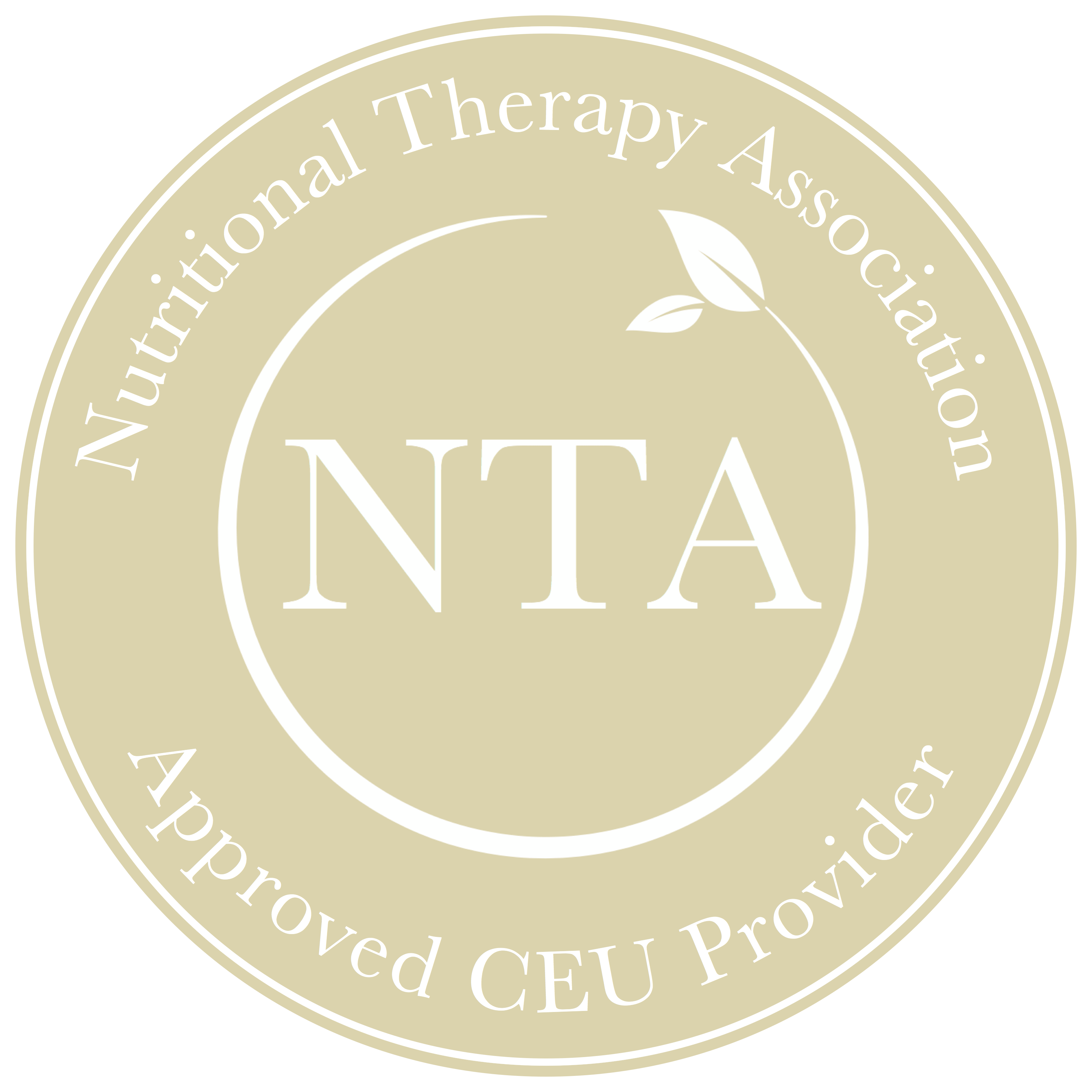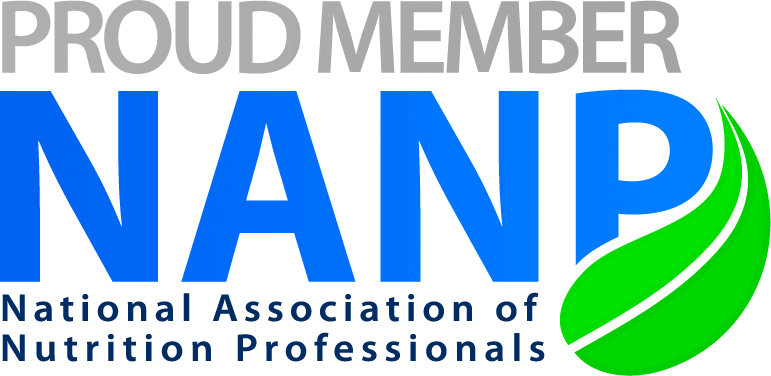The Role of Epigenetics in Immune Resilience: Key Strategies For Building Immune Resilience
Immunity is on everyone’s mind these days as we find ourselves waking up to the realization that COVID-19 is not going away anytime soon. In fact, the experts are now saying it will likely be around for several years to come and chances are high that we’ll all be exposed to it at some point in the future. Experts say [1] for every 100 people exposed to airborne coronavirus droplets, approximately 90 will not have any symptoms, 6-7 individuals will have mild symptoms, and 3-4 will have severe reactions that require hospitalization and may potentially succumb to the virus.
Another paper found that of those who died, 50.4 [2] percent had hypertension, 41 percent were obese and almost 11 percent had diabetes [3] which is consistent with risk factors listed by the Centers for Disease for Control and Prevention. Noticeably absent from the top of the list was asthma. As doctors and researchers have learned more about COVID-19, the less it seems that asthma plays a dominant role in outcomes.
One other surprising finding from the study was that 70 percent of the patients sick enough to be admitted to the hospital did not have a fever. Fever is currently listed as the top symptom of COVID-19 by the CDC, and for weeks, many testing centers for the virus turned away patients if they did not have one.
As such, the question becomes: how do we best develop immune resilience and how do we better position ourselves to be in the 90% who have no symptoms or, if we do get sick, to recover from coronavirus like other flus?
To a small degree, how COVID-19 affects each of us is determined by genetics and there’s honestly not much we can do about that. But a far greater influence is epigenetics – the effects of diet and lifestyle that modify gene expression. Epigenetics is also where we have enormous power and leverage…if we pay attention.
The Five Immunity Essentials
Diet is our first focus; the foods we eat are what best establish immune resilience or vulnerability in the human body. A diet rich in phytonutrients, essential fatty acids, and protein from clean sources is always the first place to start. Sugar tanks the immune system’s ability to produce effective lymphocytes, specifically macrophages, which means it must be completely avoided, along with processed foods that quickly convert to glucose. It’s important to avoid all inflammatory foods, including gluten and (potentially) dairy and other foods that trigger reactions that can hijack the immune system and adversely affect its ability to focus on infections. A healthy diet must also include adequate fiber to feed the beneficial bacteria in the microbiome. Here’s the reality that’s sometimes hard to hear: we can’t simply supplement ourselves to robust health – what we eat is either boosting or depleting our immune system all the time.
Next is sleep. After nutrient-dense food, sleep is the next most important factor in establishing a strong immune system. Sleep studies [4] show that when one sleeps less than six hours per night, cognitive function is significantly impaired. Sleep is required to fight infectious disease and those who routinely get less than seven hours per night are at higher risk for obesity, diabetes, cardiovascular disease, and are more prone to viral and bacterial infections. This isn’t rocket science: get to bed by 10pm and sleep 8 hours, even on the weekends. Sleep like your life depends on it.
Movement is next on the immune-building list. Not the weekend warrior kind of exercise, either. I’m talking about 5-6 hours per week of regular aerobic movement and strength training. Exercise improves immune defense activity and metabolic health. It has an anti-inflammatory influence and delays the onset of age-related dysfunction (one of the major comorbidity risks for acquiring COVID-19). Physical activity may also flush bacteria out of the lungs and airways. Start slow and build up – you’re going to love the way you feel and you’ll feel better about yourself, too.
Stress management is essential to keep our immune system functioning optimally. When we’re stressed, our immune system’s ability to fight off pathogens is impaired and we’re more susceptible to infections. Stress decreases lymphocytes, which are the white blood cells that help fight off infection. We each individually determine what we allow to stress us and there’s never been a better time to make a different choice, either through exercise, journaling, a mindfulness practice, or simple breathwork. Choose peace of mind and try to let go of what you can’t control.
Last but certainly not least is digestive health. Digestion is the body’s highest healing priority and all health or disease starts in the gut. Assessing and improving one’s digestive capacity has never been more necessary. We cover this in depth in Mastering the Art & Science of Gastrointestinal Healing.
Diet, sleep, exercise, stress management, and optimal digestive function are the foundational keys to a strong immune system – not only now, when we need to fortify against a virulent global pathogen, but for life.
Anti-viral Supports
Once we have addressed the Essential 5 for immune resilience, we can then consider targeted supplementation to address the coronavirus threat. This approach will not overcome a bad diet, it won’t override poor sleep, and it can’t replace exercise and stress management. Nothing can. This program also can’t ensure you won’t get sick – there is still so much to learn about how the virus impacts individuals and demographics. This information should not be construed as medical advise; it is provided as information only. Alongside the Essential 5, however, it can provide the key nutrients to support four main functions:
blocking viral acquisition and targeting the virus directly
blocking viral replication
supporting immune function
supporting cellular and whole-body health
This strategy comes from Dr. Alex Vasquez [5], an internationally recognized health expert who has 3 doctorate degrees and has published over 120 books, articles, letters and editorials for medical journals.
The practical implementation of anti-viral supports described here are dosed for non-pregnant, non-lactating adults only.
According to Dr. Vasquez, recurrent, ongoing, repetitive and predictable international health crises due to viral infections have made very clear the need for a very different strategy to combat viral infections.
Acknowledging that virulent viral infections exist in these modern times is powerful evidence of the failure of our current systems and the need for a new model of disease prevention that recognizes the importance of self-responsibility and self-care when it comes to diet and lifestyle.
This list of nutrients takes into consideration the need to block acquisition of the virus itself, using nutrients and botanicals to strengthen epithelial barriers and target the virus. It also focuses on blocking the virus from multiplying and involves immunonutrition (which is the potential to module the immune system with specific nutrients), which supports humoral, cell-mediated, and cytokine-mediated immunity. Lastly, we focus on supporting intercellular systems and whole-body health to limit damage, optimize immune response, promote recovery and prevent recurrence.
Here is a list of nutrients and botanicals to consider as part of an anti-viral protocol. This should not be construed as medical advice or any type of panacea against COVID-19. This protocol, coupled with an optimal diet and lifestyle, can be considered a viable approach to withstand any viral pathogen.
- A professional, high-quality multi-vitamin/multi-mineral formula taken every day to ensure nutrient sufficiency.
- Vitamin A: Supports barriers, immune function and proliferation of immune cells, and supports against cytokine storms. Emulsified versions are best absorbed. Use for all infections but respect potential for toxicity. Preventive dose: 5,000 IU per day. Acute dose: 10,000 IU for 2 days, then lower to preventive dose.
- Vitamin D: supports all four aspects of an anti-viral strategy. It has anti-viral and barrier support properties, reduces viral replication, supports immune defense and tolerance. Emulsified versions are best absorbed. Use for all infections but respect the potential for toxicity. Preventive dose: 4000 IU per day. Acute dose: 10,000-50,000 IU for 4 days, then lower to preventive dose. Test via Vitamin D, 25-Hydroxy with optimal values between 50-90
- Vitamin C: Strengthens barriers and supports immune function and cellular function. Use formulas that contain mixed ascorbates, bioflavonoids, and rutin. Preventive dose: 2 grams three times daily. Acute dose: to bowel tolerance.
- Zinc: Anti-viral and supports barriers, anti-replication, and cellular and systemic integrity. Preventive dose: 15mg three times daily. Acute dosing: 50-100mg per day. At high doses, balance zinc with copper, 2-4mg per day, Take with food.
- Selenium: Provides direct anti-viral benefits by inhibiting viral mutation and blocks replication. It supports immune function and provides cellular and systemic antioxidant support. Preventive dose: 100-200mcg per day. Acute dose: ~600mcg per day.
- NAC (N-Acetyl-L-cysteine): Provides major anti-replication benefits and immune support, systemic antioxidant benefits. Take with food. Research shows NAC reduced ALL clinical manifestations and consequences of influenza. Preventive dose: 1000-1500mg per day. Acute dose: ~ 6 grams per day.
- Melatonin: This pineal hormone inhibits viral replication and supports immune function. It provides antioxidant and anti-inflammatory effects throughout the body. Preventive dose: 0.5-3mg at bedtime. Acute dose: 10-20mg divided dosing throughout the day.
- Glycyrrhizin/licorice root: Provides anti-viral and anti-replication benefits and barrier support. It supports the immune system and provides systemic antioxidant and anti-inflammatory benefits. Preventive dose: Occasional use as a tea is sufficient. Acute dose: 32mg per day. At high doses, can induce hypertension-hypokalemia after prolonged use.
- Lipoic acid: Provides anti-viral and anti-replication support, provides immune system and systemic antioxidant support – specifically to the mitochondria. Cautioned use with primary biliary cirrhosis and with diabetes medication as it can induce hypoglycemia. Preventive dose: 100mg twice daily. Acute dose: 300mg 3-4 times per day.
- Resveratrol (possibly): Blocks viral replication and supports barriers. Take with food. Higher doses can cause nausea, abdominal pain, flatulence, and diarrhea. Preventive dose: 250mg per day. Acute dose: 1000mg 1-2 times per day.
This practitioner-directed approach gives us the best possible roadmap to achieve whole body health, adequate nutrient status, and adequate immune fortitude to potentially withstand viral exposures in 2020. Always work with a skilled practitioner or consult your physician.
1 Aristo Voljdani, PhD, MSc, CLS: PLMI Simplexity Medicine: Healthcare Reimagined, The Crisis of the Immune System
2 https://www.ncbi.nlm.nih.gov/pmc/articles/PMC2596695/
3 https://www.cdc.gov/mmwr/volumes/69/wr/mm6913e2.htm
4 https://www.chicagotribune.com/business/blue-sky/ct-bsi-why-we-sleep-matt-walker-20171003-story.html
5 https://www.inflammationmastery.com/antiviral







